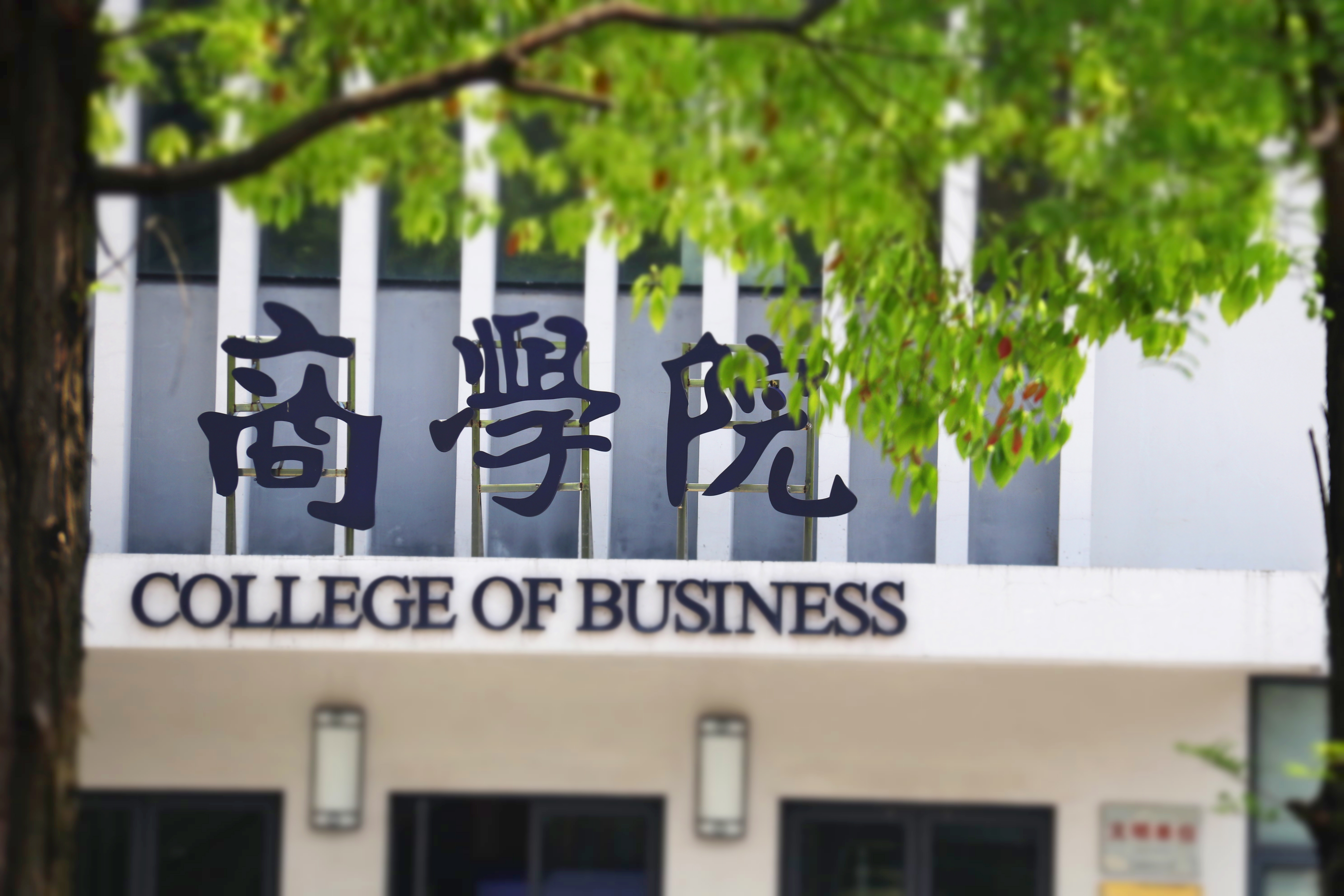faculty and students from the college of business at shanghai university of finance and economics visited the commercial aircraft corporation of china (comac) for an exchange and tour. the delegation was warmly received by zheng yanan, minister of the party work department of the comac marketing center, and zhang chao, minister of the market development department of the comac marketing center. the visiting group from the college of business included xue liping, full-time organizer at the level of deputy director, professor yu dianfan, deputy director of the development planning department (discipline construction office) and professor at the department of industrial economics, wang ti, deputy secretary of the college of business party committee, assistant professor tao xuezhen, from the department of industrial economics, assistant professor huang zibin from the department of world economy and international trade, along with over 50 faculty members and students from various branches, departments, and programs within the college of business.
at the beginning of the visit, the faculty and students first arrived at the shanghai aircraft manufacturing co., ltd., a subsidiary of comac, where they toured the y-10 aircraft and the "never give up" sculpture. the y-10 aircraft, china’s first domestically-produced large jet airliner and a pride of china's aviation industry, stands as a witness to the development of china's aviation industry. the development of domestically-produced large aircraft is a testament to the unyielding and courageous efforts of a group of people and the path paved by the struggle and innovation of several generations. the "never give up" sculpture, standing nearby, symbolizes the relentless spirit of those dedicated to the cause of large aircraft manufacturing.
afterward, under the guidance of the staff, the faculty and students toured the arj21 and c919 final assembly workshops and production lines. during the tour, they gained insights into the long development journey of domestically-produced large aircraft and recognized the difficulties and challenges encountered in various stages of advancing the work. they deeply understood the significance of the "four long-terms"—long-term struggle, long-term tackling of key problems, long-term endurance, and long-term dedication—for comac's long-term planning and higher aspirations. subsequently, they watched a documentary on president xi jinping's inspection of comac and a film on the c919's test flights, absorbing the essence of president xi's important speech during his visit. following in the president's footsteps, they delved into the craftsmanship, innovation, dedication, and perseverance of comac.
at the end of the visit, the faculty and students proceeded to the comac shanghai aircraft design and research institute, where they had the opportunity to experience firsthand the internal construction and cabin layout of the arj21, c919, and c929 display prototypes. zhang chao, director of market development at comac marketing center, and yu dianfan, secretary of the second faculty party branch at the college of business, respectively summarized the exchange visit. the two parties exchanged ideas on academic research, collaborative innovation in party-building, and other topics. the faculty and students of shanghai university of finance and economics once again expressed their deep admiration for comac's unwavering dedication to building a strong aviation industry, adhering to the "four long-terms," and embodying the relentless entrepreneurial spirit of the large aircraft project.
the development of domestically-produced large aircraft, as a typical example of new productive forces, exerts a pivotal influence on china's manufacturing sector, spanning from raw material research and development to design, production, and market operations. it serves as both the driving force at the helm of the industrial chain and the engine of innovation. through this visit, the faculty and students of shanghai university of finance and economics have gained a deep understanding of their mission and responsibility as young scholars in the new era and new journey, and were inspired to continuously contribute their youthful vigor to the process of chinese modernization.

